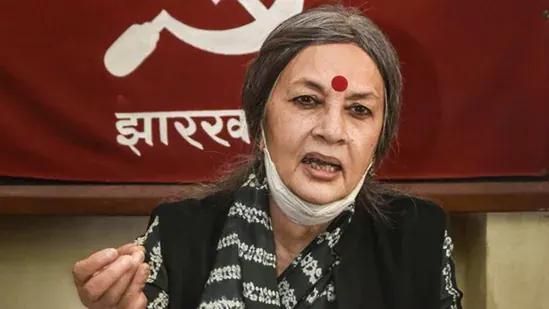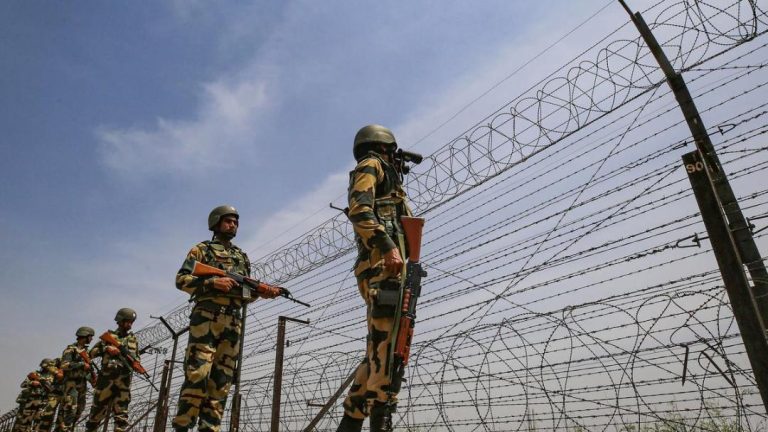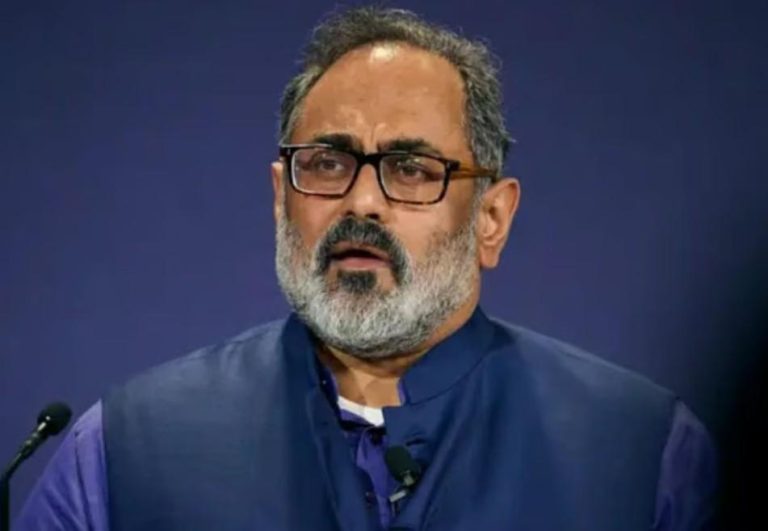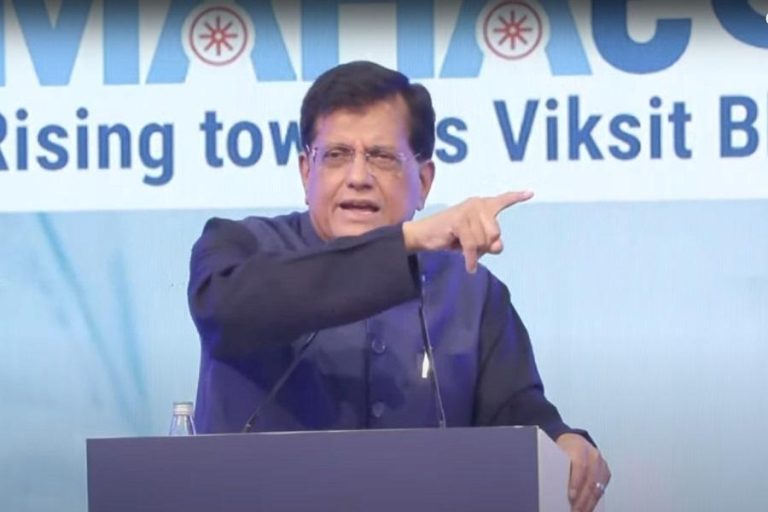
Poor mustn’t be robbed of dignity: Karat on SC’s ‘parasite’ remark
A recent comment by the Supreme Court has sparked controversy, with many interpreting it as a blanket condemnation of government-sponsored welfare schemes. The court’s remark, calling some individuals “parasites” who are unwilling to work due to the availability of “freebies”, has been met with widespread criticism from various quarters. One of the most vocal critics is CPI(M) leader Brinda Karat, who has spoken out against the comment, emphasizing the importance of dignity for the poor.
Karat’s remarks come as a response to the court’s observation that people are not willing to work due to the availability of freebies. She strongly disagrees with this notion, stating that the welfare schemes of the government of India are a constitutional requirement for social and economic justice. According to Karat, the poor should not be stripped of their dignity, and it is the responsibility of the government to ensure that they are provided with the necessary support to lead a dignified life.
The CPI(M) leader’s comments are a timely reminder that the poor are not parasites, but rather, they are victims of systemic injustices that have been perpetuated over centuries. The notion that poverty is a personal failing, rather than a societal issue, is a pervasive and pernicious myth that has been perpetuated by those in power. By framing the poor as parasites, the Supreme Court’s comment perpetuates this myth, and reinforces the notion that poverty is a personal failing.
Karat’s remarks are also a response to the court’s apparent disregard for the constitutional obligations of the government. The Constitution of India guarantees the right to social and economic justice to all citizens, and it is the duty of the government to ensure that this right is upheld. The court’s comment suggests that the government has a discretion to provide welfare schemes, rather than a constitutional obligation to do so.
The court’s observation that people are not willing to work due to the availability of freebies is also problematic. This notion ignores the reality of the job market, where many people are willing to work, but are unable to find employment due to a lack of opportunities. The availability of freebies is often a response to this lack of opportunities, and is designed to provide a safety net for those who are struggling to make ends meet.
Moreover, the court’s comment ignores the fact that many welfare schemes are designed to provide support to those who are most in need. The poor are not parasites, but rather, they are individuals who are struggling to survive in a society that is rigged against them. By framing the poor as parasites, the court’s comment perpetuates a harmful and dehumanizing narrative that reinforces the notion that poverty is a personal failing.
Karat’s remarks are also a response to the court’s apparent disregard for the role of the government in addressing poverty. The government has a constitutional obligation to address poverty, and it is the duty of the government to ensure that welfare schemes are designed to provide support to those who are most in need. The court’s comment suggests that the government has a discretion to provide welfare schemes, rather than a constitutional obligation to do so.
The court’s observation that people are not willing to work due to the availability of freebies is also problematic because it ignores the reality of the job market. Many people are willing to work, but are unable to find employment due to a lack of opportunities. The availability of freebies is often a response to this lack of opportunities, and is designed to provide a safety net for those who are struggling to make ends meet.
In conclusion, Brinda Karat’s remarks are a timely reminder that the poor should not be robbed of their dignity. The Supreme Court’s comment, framing the poor as parasites, is harmful and dehumanizing, and perpetuates a narrative that reinforces the notion that poverty is a personal failing. The court’s observation that people are not willing to work due to the availability of freebies is also problematic, as it ignores the reality of the job market and the role of the government in addressing poverty.
It is essential that we recognize the importance of dignity for the poor, and acknowledge the role of the government in providing support to those who are most in need. The welfare schemes of the government are a constitutional requirement for social and economic justice, and it is the duty of the government to ensure that these schemes are designed to provide support to those who are most in need.
Source: https://indianexpress.com/article/india/brinda-karat-sc-parasites-comment-sops-9836577/lite/






